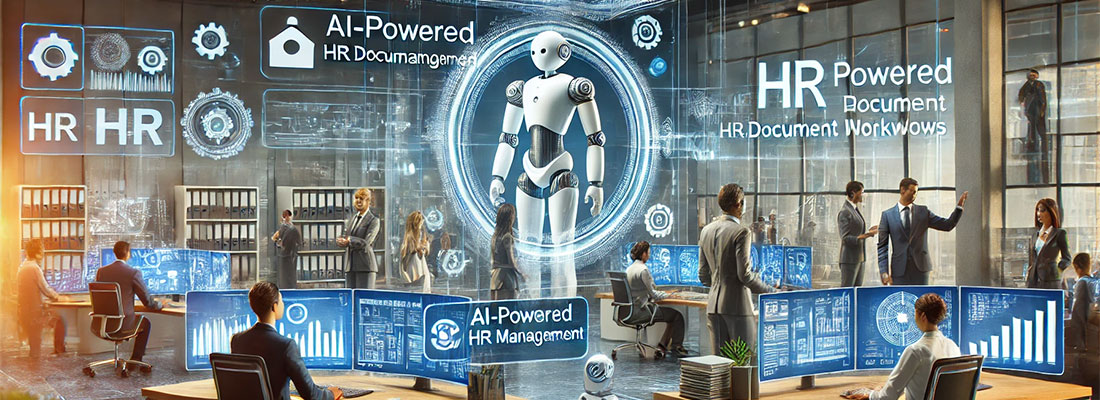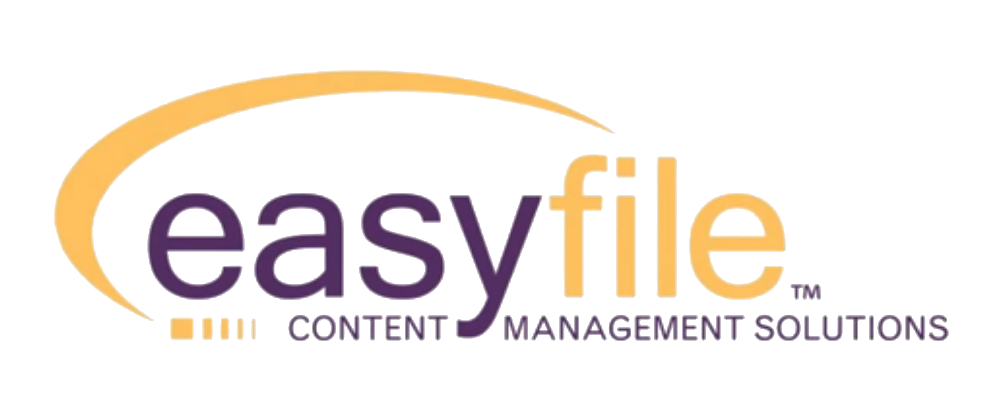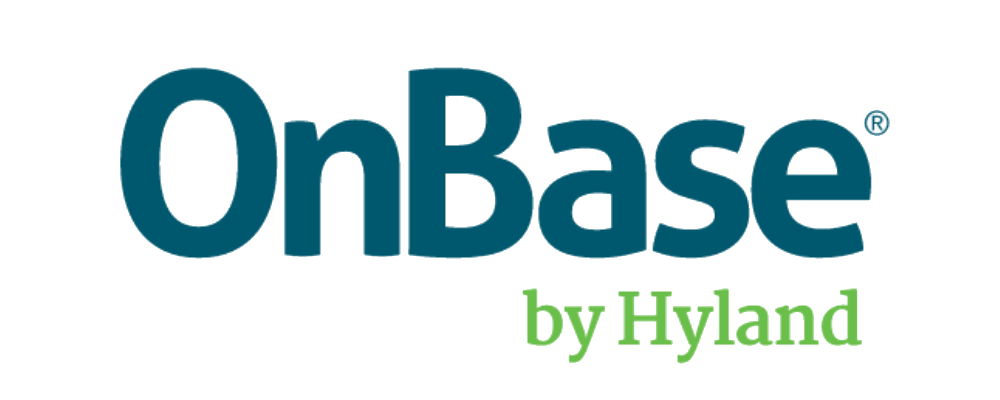Integrating AI in HR Document Management and Workflows: Challenges and Opportunities

4 min
Tags
AI in HR is no longer a futuristic concept—it’s happening now. From automating document management to enhancing decision-making, AI-powered HR workflows are transforming the way HR teams operate. But with great power comes great responsibility. HR automation brings efficiency and accuracy, but it also raises concerns about data privacy, compliance, and bias. In this blog, we’ll break down the challenges and opportunities of integrating AI in HR document management, supported by real-world statistics and case studies.
Challenges of AI in HR Document Management
-
Data Privacy and Security Risks
HR departments handle vast amounts of sensitive employee data. AI-powered HR workflows must ensure compliance with strict regulations like GDPR and CCPA. The challenge? AI systems can be vulnerable to data breaches.
Statistic: 72% of organizations already use AI, yet ensuring compliance remains a top challenge. Mishandling AI compliance in HR can lead to severe legal consequences.
Solution: HR teams must implement robust security measures and continuously audit AI-driven HR solutions for data protection. -
Bias in AI Algorithms
AI in recruitment has revolutionized talent acquisition, but biased algorithms can be a serious issue. If AI learns from flawed historical data, it may reinforce discriminatory hiring patterns.
Statistic: Studies show that 70% of job applicants get filtered out by AI-driven ATS systems due to keyword biases. That’s a major problem.
Solution: AI for hiring and retention must be continuously trained on diverse datasets and regularly audited to ensure fairness in talent acquisition. -
High Implementation Costs
AI automation for HR administrative tasks can save time, but the initial setup is costly. Small businesses, in particular, struggle to afford AI-driven HR solutions.
Statistic: While initial AI investments are high, companies report a 30% reduction in administrative workload post-integration.
Solution: HR digital transformation should be a phased process, starting with cost-effective AI-based HR case studies before full-scale adoption. -
Resistance to Change
HR teams and employees often resist AI adoption due to fears of job displacement and loss of human touch.
Statistic: Companies that successfully implement AI in HR workflows see a 23% boost in employee engagement, proving that AI can enhance—not replace—HR professionals.
Solution: HR leaders must clearly communicate the benefits of AI-driven decision-making and demonstrate how AI in human resources supports employees rather than replaces them.
Opportunities of AI in HR Document Management and Workflows
- Increased Efficiency and Accuracy
AI-powered HR workflows streamline processes, reducing errors and freeing HR professionals from repetitive tasks.
Statistic: AI-driven HR solutions improve document processing accuracy by 98% and cut processing time by up to 90%.
Example: Dell automated 30 HR processes, increasing HR productivity by 85%. That’s the power of AI in HR. - Enhanced Decision-Making
AI in talent acquisition and performance management enables HR teams to make data-driven hiring and retention decisions.
Statistic: Companies using AI for hiring report a 40% increase in their talent pipeline and a 22% boost in pipeline quality.
Example: RingCentral leveraged AI for hiring and retention, leading to more diverse and high-quality recruitment. - AI for HR Compliance and Risk Reduction
AI in HR policy compliance helps automate audits and regulatory tracking, significantly lowering compliance risks.
Statistic: AI-powered compliance tracking reduces errors by 50% and improves overall compliance rates by 80%.
Example: Central England Co-operative automated employee record management, clearing 10,000 old records and improving compliance efficiency.
Final Thoughts: The Future of AI in HR
AI in HR is not just about automation—it’s about transformation. By addressing AI compliance in HR, eliminating bias, and fostering employee trust, organizations can harness AI for hiring and retention while ensuring ethical and efficient HR workflows.
Actionable Steps for HR Leaders
- Conduct AI readiness assessments before implementation.
- Strengthen AI compliance in HR by implementing strict data security measures.
- Regularly audit AI-driven HR solutions to prevent bias.
- Communicate AI benefits to employees to reduce resistance.
AI in human resources is here to stay. The key is to use it strategically—balancing technology with the human element to build an efficient, ethical, and future-ready HR system. Are you ready to embrace AI-powered HR workflows?
Want to learn more about implementing AI in HR for your organization? Contact us today to explore how AI-driven HR solutions can transform your business!
“The EasyFile workflow has saved me hours each week managing Purchase Orders, Project Implementation, Invoicing, and locating client documents. I can’t imagine how we functioned before EasyFile.”
Rick Brillante, VP of Account Management
Contact Us
Fill out the form below to get in touch with us. We’ll get back to you right away.
"*" indicates required fields
Related Articles
Automating Invoice Approvals: Why Intelligent Automation Is Now a Business Imperative
TagsIf your business is still pushing paper and manually routing invoices for approval, you're already behind. Intelligent...
HR Workflow Automation: The Cure for Your Frankensystem Nightmare
TagsIf your HR team is juggling spreadsheets, disconnected apps, and dusty old platforms just to get through the week, you’ve...
AppEnhancer Workflow Manager’s End-of-Life: Strategic Steps Forward
TagsThe era of AppEnhancer Workflow Manager (formerly ApplicationXtender Workflow Manager) has ended. OpenText officially...






